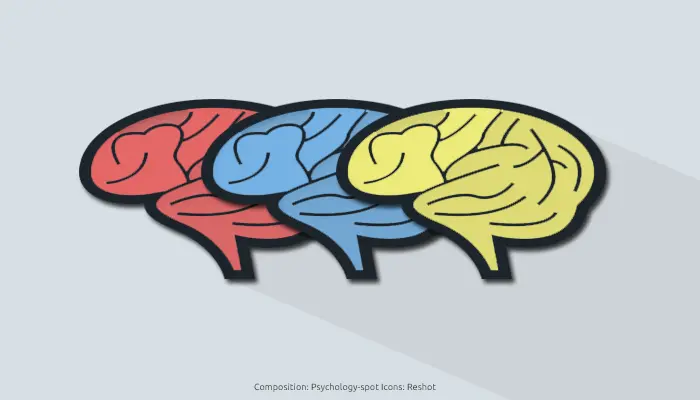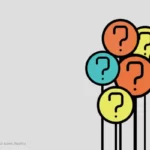
The incidence of subliminal messages is a highly debated issue, how far are they really efficient? What are its repercussions on the person? And still others more skeptical question their own existence.
London researchers have found the first evidence that subliminal images really attract attention at unconscious level. Using functional neuroimaging techniques, the researchers asked whether those images that we do not consciously see but that reach the retina, would have an impact on the functioning of the visual primary cortex of the occipital lobe, obviously that related to image processing.
The answer was positive, those images of which we are not aware manage to reach the primary cortex but … a minimum of attention is needed, because if all our attention resources are focused on other tasks, the image does not reach the brain. This, of course, implies that the unconscious is not so automatic and that it is affected by voluntary attention as well; the myth built by Freud about the omnipotence of the unconscious would be thrown to the ground.
But let’s focus again on the subliminal messages. Another research further asserts that we are able to catch the emotional meaning of subliminal messages. For this, 50 people underwent a series of negative, positive and neutral valency words. At the end, they were asked to express, according to their perceptions, what valence the words had.
Surprisingly, people responded correctly even though they were consciously unable to read the words, although there were differences … people were more successful in recognizing the emotions caused by the words of negative valence. Why? The researchers claim that this is because negative and forbidden phrases have a greater impact on us as they are associated with danger and would trigger survival-related reactions.
However, one question still remains: How do these messages impact our behaviors and decision-making? It is undoubtedly a topic to be discussed in future articles.
Sources:
University College London (2007, March). Subliminal Advertising Leaves Its Mark On The Brain. ScienceDaily. In: https://www.sciencedaily.com /releases/2007/03/070308121938.htm
Wellcome Trust (2009, Septiembre). Key To Subliminal Messaging Is To Keep It Negative, Study Shows. ScienceDaily. In: https://www.sciencedaily.com /releases/2009/09/090928095343.htm



